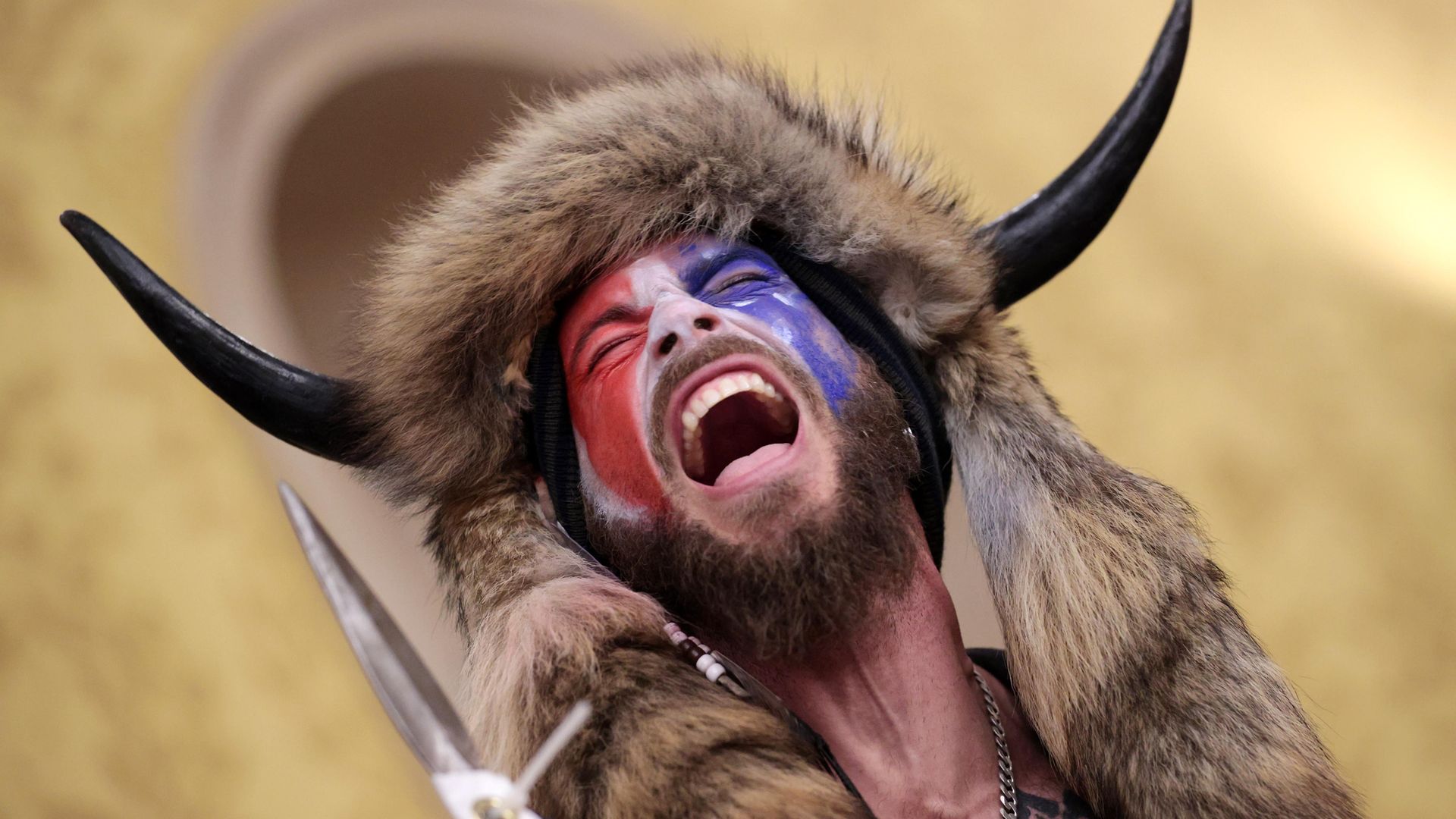
BONNIE GREER reports on the US Capitol riots and what they tell us about modern populism.
Was the storming of the US Capitol by the supporters of Donald Trump the beginning of the end of populism? Was this the lethal highpoint, the death knell for the crusade that went under the banner ‘Make America Great Again’?
With the banning of Trump from Twitter, and the expulsion of its right wing equivalent, Parler, from the Apple store and out of the Google and Amazon universes, the question seems to be answered.
But, first we should consider what populism actually means right now. There have been all kinds of definitions of the term over the years, but it seems that where we are right now – in the early 21st century – it might be best summed up in the term coined by Jean-Jacques Rousseau: volonté générale, the ‘general will of the people’.
In the late 20th century, populism had all kinds of definitions. In the mid 1970s, it was associated with Latin America and generally seen as left wing. It conjured up images of guerrilla fighters in the jungle. This kind of populism was connected to the pueblo, the people: the factory workers, the ones who tilled the soil.
Then it seemed that, from about the late 1980s, the word took a right-ward turn. Terms like Rechtspopulismus – populism of the right – came into being to describe Austria’s Freedom Party, for example. But even that term was not considered adequate to define what was happening in the National Front in France and the Flemish Block, in Belgium. Their populism was more nativist, rooted in the soil.
And there was an element of that to Brexit. It wasn’t the only factor, certainly. But it was present. Leave was to be understood and adhered to as some kind of movement that had emerged from the grassroots. But where, in the UK, had this type of populism arisen from?
First of all, you could say that Margaret Thatcher was a populist creation, and icon. But I was not living in the UK at the beginning of her rise, so I cannot be sure that it was as simple as that. The first ballot that I cast as a UK citizen was for the Labour Party in its landslide of 1997 and, although Tony Blair gave the appearance of youth and of, perhaps, coming from the people, it never felt that way.
Around that time, the term ‘the elite’ seemed to be creeping into the vocabulary of politicians, becoming something that even the posh could toss around and use as a weapon against their opponents. The Labour hierarchy became, for some, ‘the elite’, a fascinating thing for me to watch as I had assumed that the party had been for the worker.
What did it mean? The first time that I had a real grasp of the word, in the British sense, was during the 2008 London mayoral election. Not being a watcher of quiz shows, I had no idea that Boris Johnson was a fixture on Have I Got News For You.
To me, he seemed to explode out of nowhere. The local paper, the Evening Standard, began to beat the drum for him as the next mayor. Somehow he caught the imagination of the city, his tousled hair, the faux-charm of his careless dress seemed to be what ‘the people’ wanted.
While Ken Livingstone toiled along as a politician in a more conventional sense, Boris made it all seem like a lark. And he continued in that way, even after he won. What was fascinating was to watch him, an Old Etonian Oxford grad, rally against ‘the elite’.
It was then that I began to see that the populism we have now has something to do with the popularity of its leaders, maybe even idolisation. And, even more, it has something to do with the class system, and an aberration of it, a kind of panto of it, that can turn the whole thing upside down.
Like a theatre piece, populism could allow an Old Etonian to make the populace feel that he is their champion against ‘the elite’. And if an Old Etonian is not one of the elite, then exactly who is? Metropolitans, of course, and those who stand for multiculturalism, for instance, and Remain.
Even for those who might usually be considered part of the elite, as long as you did not genuinely adhere to these principles, then somehow you were ‘of the people’. This aligning of ‘the people’ against ‘the elite’ has reached its pinnacle with a US president, a multimillionaire and TV host, aligning himself with the former, against the latter.
At the core of his populism is nativism. This is the philosophy that holds to the idea that a country, a political entity, belongs to the people, is ‘native’ to it. And that the people native to it have a kind of holy and mystical bond and right to the country. That it is theirs.
Trump, for example, used a nativist dogwhistle, the word “sacred”, in relation to the idea that MAGA had won the 2020 US election and that it had been stolen from them.
To the mob that assembled to hear him on January 6, “sacred” defined their political choice. Defined them. They, Trump supporters, had a kind of Holy Grail mission. This mysticism, whether overtly stated or not, is one of the marks of right wing populism as opposed to left wing populism.
Did the storming of the US Capitol end populism? Did the erasure of their digital lifelines destroy the movement, the feeling? No.
Because what we saw on January 6 was 100% American. It was a malignant manifestation of the American Dream.
Populism itself writ large. And dangerous.
Warning: Illegal string offset 'link_id' in /mnt/storage/stage/www/wp-includes/bookmark.php on line 357
Notice: Trying to get property 'link_id' of non-object in /mnt/storage/stage/www/wp-includes/bookmark.php on line 37







